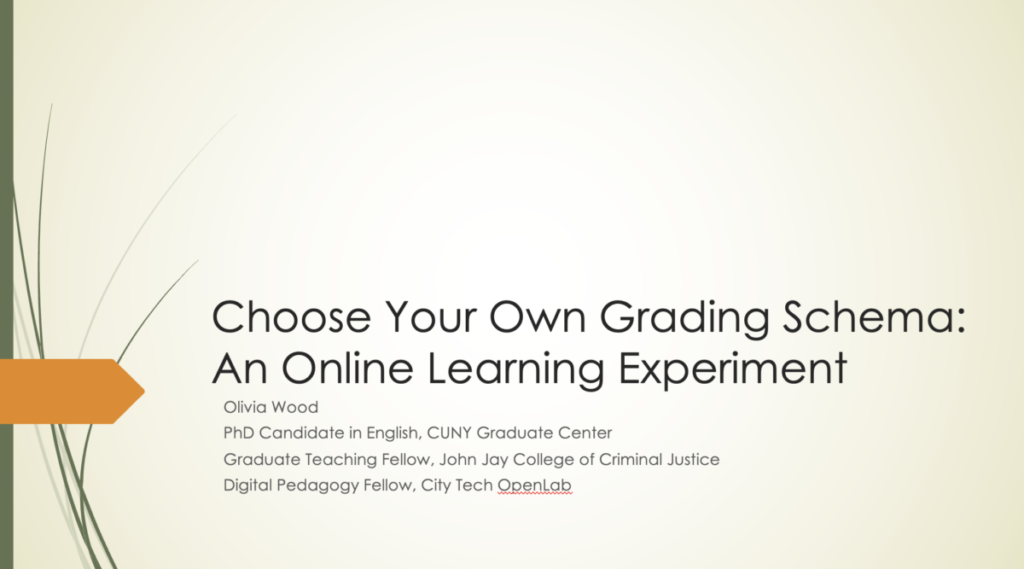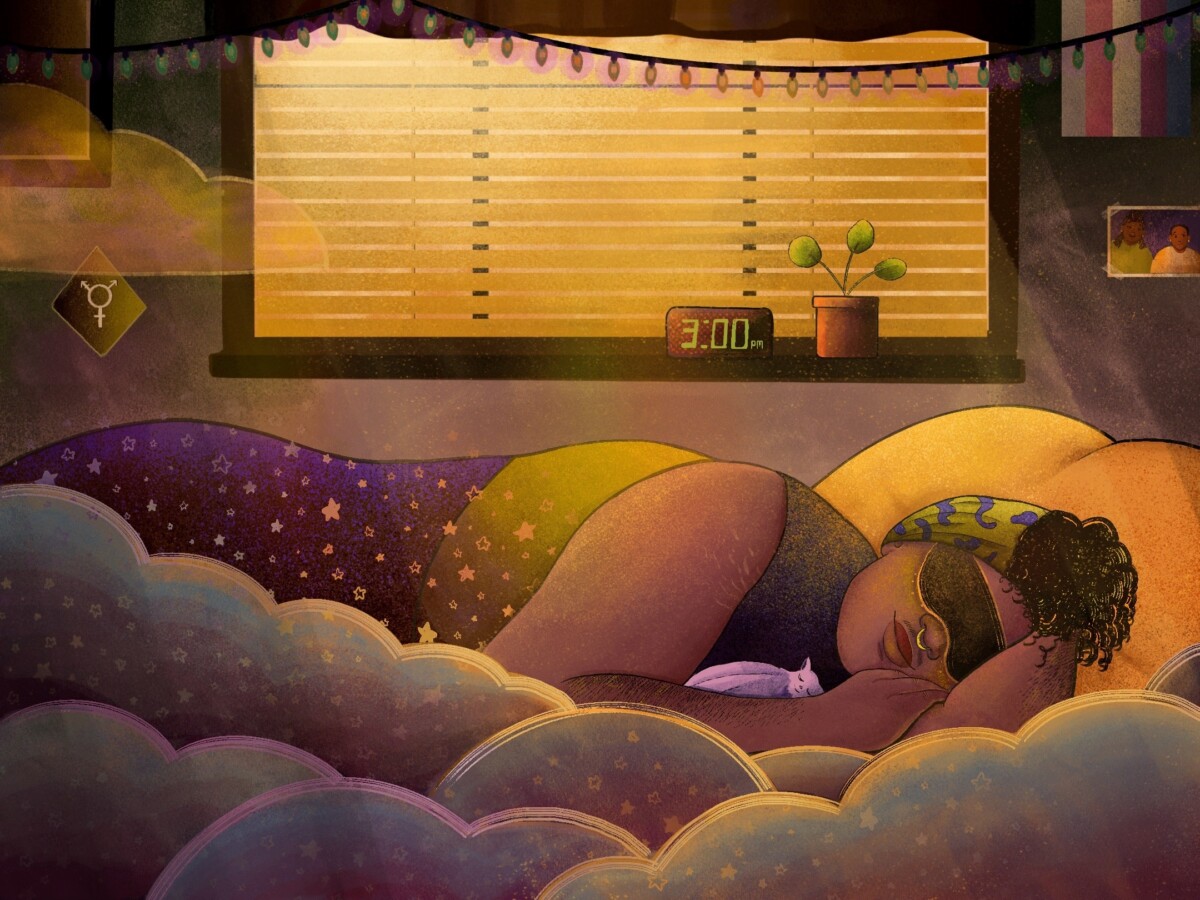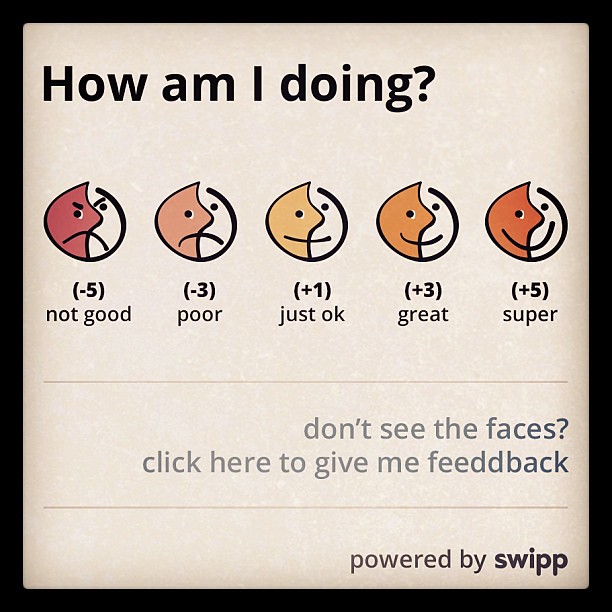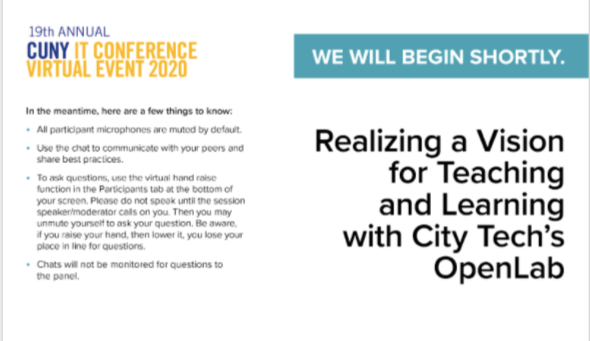As part of the OpenLab team’s ongoing conversations about access and pedagogy, I’ve been invited to respond to Jesse’s post from April, “On Burnout, On Rest: Pandemic Pedagogy.” Jesse urges “all of us—but especially faculty—to slow down” and give both ourselves and our students (or in the case of staff, anyone we supervise) time to breathe, rest, and physically and emotionally process the trauma of the past year and counting.
Jesse’s call to “slow down” makes me think of another sense of the phrase: an organized work slowdown. Slowdowns are collective job actions — similar to a strike — during which workers agree to perform their assigned tasks but deliberately decrease their efficiency or productivity. An example is when workers on the London Underground agreed in 2003 to run trains 15 mph slower than usual for 48 hours to force the Underground to take action on several safety issues.
We haven’t seen this in the form of an organized job action at CUNY or at other universities, but we can see its spirit in calls to extend the tenure clock for faculty, extend “satisfactory progress” timelines and provide additional years of funding for graduate students, and/or to revise our pre-pandemic late work policies. In essence: It ought to be okay to work slower, do less, be less productive or efficient. And this ethic must be implemented across the board, for all people. It must be the norm, not the exception granted only to those who can “prove” a need.
This is important for three reasons. The first reason is that we can’t use our own personal experiences as benchmarks for what other people ought to be able to do, so we must apply the greatest possible flexibility and understanding to everyone. Many people, including me, view March/April 2020 as the most difficult and traumatic part of the pandemic, but that is not true for everyone. For some, the difficulties of that time never ended. Many people are still unemployed, still lacking medical care, still behind on rent, still grappling with long term effects from COVID, still unable to safely go out in public, and/or still grieving loved ones. For others, the “worst part” simply came later. For some, the worst part is now. COVID cases are currently the highest they’ve ever been in India and Brazil, trauma that isn’t “far away” to anyone who has loved ones in those countries. One of my friends is in India right now, trying to teach and attend Zoom meetings on Eastern Time, which for her are in the middle of the night, while also coping with mass death from Covid-19 all around her, the effects of the recent super cyclone, and not being able to see her family, since her mother works at a hospital.
The second reason is that everything I said in the previous paragraph applies even when we aren’t in the middle of a global pandemic. The pandemic has created increased awareness and empathy for some of the struggles people face, but these struggles are not new. Even if more of our students — and our colleagues — are dealing with food insecurity, financial precarity, and personal trauma this year, some of them are always dealing with that. My first semester teaching at CUNY, two years before the pandemic, one of my students confided in me that they were facing the serious possibility of homelessness. The year before that, when I taught in New Jersey, a student lost her father the same week her mother was diagnosed with cancer. And these are only representative of the circumstances that students have chosen to share with me.
The third reason goes back to labor issues and worker exploitation. In short, we all ought to be required to do less, and do it more slowly, because today’s standards for what an employee should be expected to do are already far beyond the job requirements of years past. For decades, increases in productivity have far outpaced increases in wages. As a long term trend, all workers are being asked to do more, faster, and better, and we are not being compensated in kind. This is the opposite of a slowdown: it’s a speedup.
One example is how the academic job market has changed over time. Some people are saying that many of today’s applicants to PhD programs have CVs that could have once landed them not only a tenure track position, but tenure. Several of my PhD classmates have already published books — in some cases, multiple books. The pandemic and the transition to online learning are a great example of how this phenomenon of labor speedup works: many people working in education (and in other sectors) have reported needing to work harder and longer than ever before.
Converting course materials to an online format can take dozens of hours, especially if you have to learn an entirely new digital platform. Professional staff have needed to develop entirely new procedures for doing their jobs in an online format. And now, as we prepare for a partial reopening this fall, many of us will be expected to do our jobs in both formats at once. Some faculty are being required to teach in a “hy-flex” mode, in which some students attend class in person while others attend online at the same time. Others have been asked to teach their courses entirely online, but to provide both synchronous and asynchronous options for students. None of this had been expected from us in the past, but will likely be considered reasonable in the future.
So, again: to whatever extent we are able, we should slow down, and we should reduce our expectations for both ourselves and others. We can’t reduce the speed of the entire higher education economy without mass collective action, but we can do it for our students, or for our supervisees.
When I revised my Fall 2020 syllabus in preparation for this past semester, I cut out an entire unit and replaced it with extended time for students to spend working on their projects. This isn’t reducing “rigor.” It’s reducing stress, and my students are learning more. As long as I’ve been a student, teachers have admonished that “cramming” is never a good study strategy because students won’t retain the knowledge. So why do we as teachers “cram” content into our syllabi? It takes time to learn deeply, even under the best possible learning conditions.
Slowing down is personally beneficial, pedagogically beneficial, and not something we should feel professionally guilty about. Our expected standards of productivity are imposed onto us by the neoliberal — that is, capitalist — university. We aren’t failing ourselves, and we aren’t failing our students, to refuse these conditions to the extent that we can.











